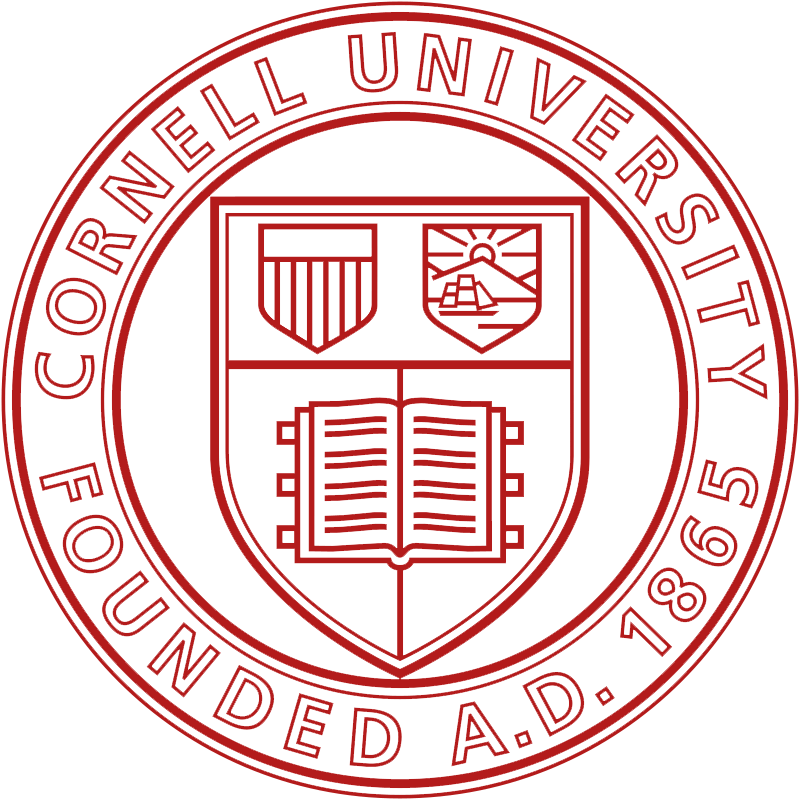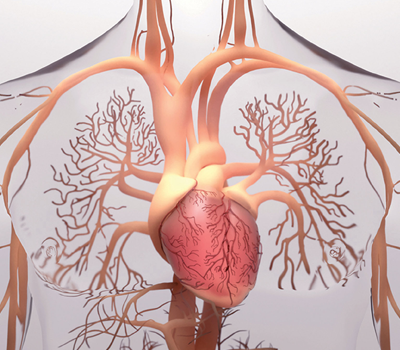For patients seeking treatment, it is important to understand the different types of stem cells and how they can be used to improve health
Stem cells have been gaining a lot of momentum lately and with good reason – they offer amazing potential for treating a variety of health issues and diseases. But what are the different types of stem cells available for treatment?
There are three general types of stem cells: embryonic, umbilical cord blood, & adult stem cells. Each type has its own unique benefits & limitations.
Stem cells are the building blocks of our bodies, with incredible abilities to heal & grow. Embryonic stem cells have unlimited potential. These are pluripotent stem cells, meaning they can divide into more stem cells or can become any type of cell in the body.
Adult Stem Cells may only be able assume certain roles for specific areas within the organ system in which they live. Adult stem cells are a valuable and promising resource for certain types of therapies. However, they are restricted in what they can do unlike embryonic stem cells which have virtually unlimited potential. Bone marrow is the most well-known source of adult stem cells and is used in some regenerative therapies.
For example, blood adult stem cells in the bone marrow can divide into red blood cells, white blood cells and platelets. blood-forming adult stem cells can generate into lung or brain cells, and vice versa
Cord blood stem cells can be isolated from the umbilical cord. They are easily collected at the time of birth from consenting mothers who are rigorously tested beforehand. Umbilical cord blood contains a very high level of mesenchymal stromal cells (MSC’s) which is rich in stem cells that have high potential diversity. They can be used for numerous therapeutic purposes.
Cord and placental blood contain larger numbers of blood-forming stem cells. The donated cord blood is screened, frozen and stored at a cord blood bank for future use if it meets screening requirements. Cord blood stem cell transplants carry a much lower risk of transmission of infectious diseases compared with those from the peripheral or marrow donor. Also, cord stem cells have 10 times the amount of stem cells and the potential for growth and healing over adult bone marrow. There has been a lot of recent interest in the potential for MSCs to be used as treatment or therapy for many different types of diseases. It is a very exciting time in today’s medical research and science. Both cord blood and cord tissue based stem cells are being used in regenerative medicine clinical trials for conditions that have no cure today. In addition we can use this therapy without requiring extensive surgery or invasive treatments to help heal and repair injuries.
The use of stem cells is a promising choice with multiple health benefits. We hope that this blog post has helped to provide some information about the different types of stem cells and their potential uses. For more information, please contact us at [email protected]
















